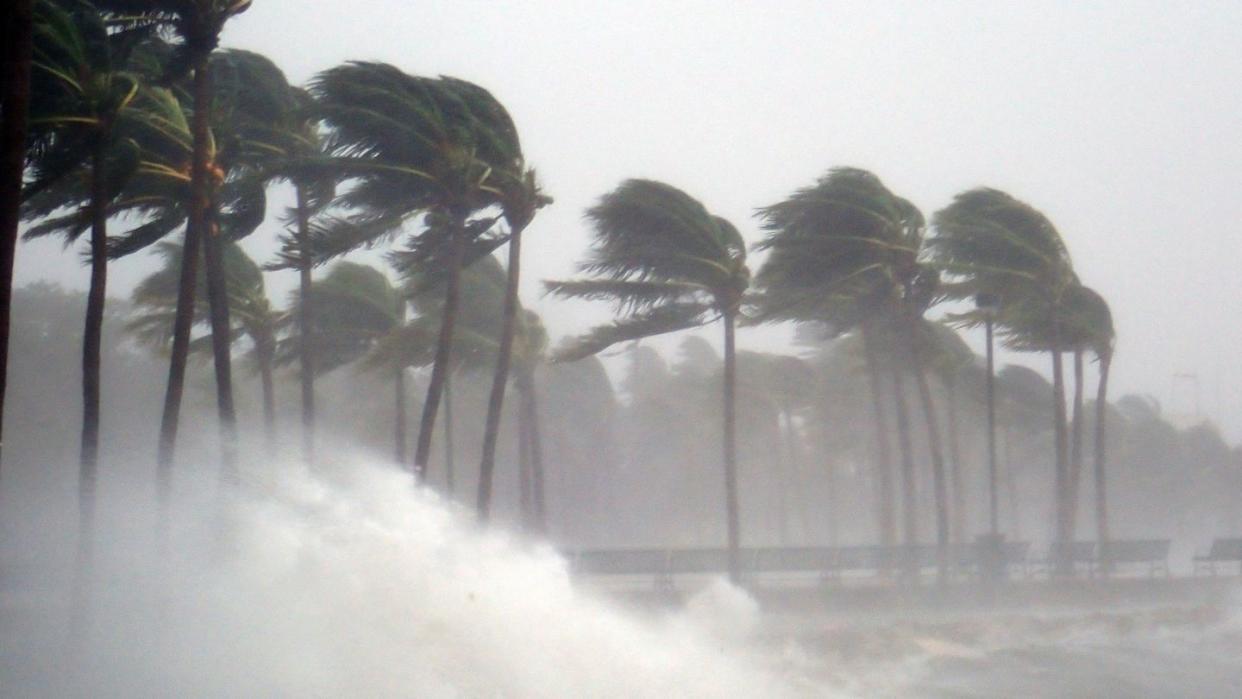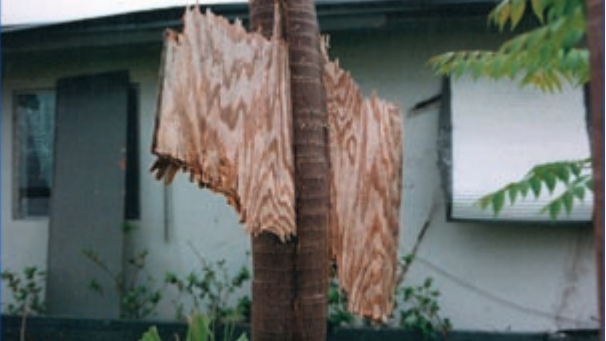Are You Ready for the Next Hurricane?

It's officially hurricane season. Mass evacuations are taking place throughout Florida with attention zoomed in on Hurricane Idalia, however those who live in coastal states know all too well that the next few months can bring about temperamental tropical storms and, sometimes, evacuation orders.
While cyclone formations can barrel toward land any time of year, the Atlantic and Central Pacific hurricane seasons officially run until November 30, according to the National Oceanic and Atmospheric Administration (NOAA).
Knowing how to prepare for hurricanes and having a solid plan in place can help you better weather the storm and make any potential evacuations as smooth as possible.
Use these tips from emergency experts on how to prepare for a hurricane.
As Soon As Possible
Before there's a hurricane in the forecast, have an evacuation order in place, suggests Angel Conlin, chief insurance officer at Kin Insurance. Make sure the Wireless Emergency Alerts (WEAs) provided by the government that you receive on your cell phone are turned on, and check to see whether you're in an evacuation zone so you know ahead of time what to expect in the event of a storm. The Centers for Disease Control and Prevention has resources to help you put together an evacuation plan and pack a go bag.
48 Hours Ahead
Secure your windows so that nothing can crash through them and into your house, where it could hurt someone. See our tips here.
Fill up your car's gas tank. There are probably many people doing this, so the earlier you do it, the less likely you're going to be stuck in long lines at the gas station (and you'll probably avoid any price gouging too).
Bring anything that isn't nailed down indoors. Practically anything can become a projectile missile when it's picked up and thrown about by 100 mph winds.

36 Hours Ahead
Stock up on food to last at least three days, especially food that doesn't need to be refrigerated or frozen: bread, fruit, canned goods, etc. You want to open your refrigerator as little as possible if the power goes out so that perishables like milk can last longer. Again, lots of people are probably doing this too, so head to the grocery store sooner rather than later to avoid the lines.
Purchase enough bottled water for each person in your household for a minimum of 72 hours, Davis says.
Don't forget about your pets, Davis says. Make sure you have extra food and water on hand for them.
Purchase power banks and make sure they're fully charged in case of a power outage, Davis says.
Refill all necessary prescriptions, Davis recommends.
24 Hours Ahead
Restock all of your emergency supplies: first aid, medications, flashlights, battery-operated radio, portable stove, etc.
Check that your carbon monoxide detector and your smoke detectors and fire alarms are in working order with fresh batteries, Davis recommends.
Find out where your nearest emergency shelters are, just in case you need to evacuate your home because of flooding or carbon monoxide leakage.
12 Hours Ahead
Turn your refrigerator and freezer to the coldest setting and open them only when absolutely necessary.
Back up all your power: Charge all of your batteries. Remember, you may be without electricity for some time, so purchase extra batteries for your cell phone, laptop, radio, and whatever else you need, and make sure they are fully charged.
Pack spare clothing and supplies into an overnight bag in case you need to evacuate. Also make a go bag for your pets, Davis says. Place it somewhere easily reachable but high enough above any potential flooding level.
If there's a power outage in your area, you might not be able to withdraw cash from an ATM or use a credit card, so add cash in small amounts to your go bag, Davis says.
Create a list of important phone numbers and addresses to add to your go bag in case your power goes out and you can't access contacts in your phone, Davis says.
Review your emergency plan with your immediate family and relatives who live farther away so that everyone knows what to do and how to communicate with each other. Keep in mind that texts are more likely to get through because phone lines and cell phone towers may become overwhelmed.
6 Hours Ahead
Turn on the radio or check online every half hour to get the latest news and instructions for your area.
For more detailed instructions, including how to check your insurance, check out the tips at Ready.gov and Fema.gov.
If you're instructed to evacuate, be prepared to do so immediately and shut off all water, electricity, and gas. Hopefully, if you need to shelter in place, you will be safe to ride it out in your own home. Even if it looks calm, don't go outside, emergency preparedness officials caution, because the weather can quickly change in the middle of a storm. Also, stay away from the windows so you don't get hurt by pieces of broken glass or flying debris.
Follow House Beautiful on Instagram.
You Might Also Like

